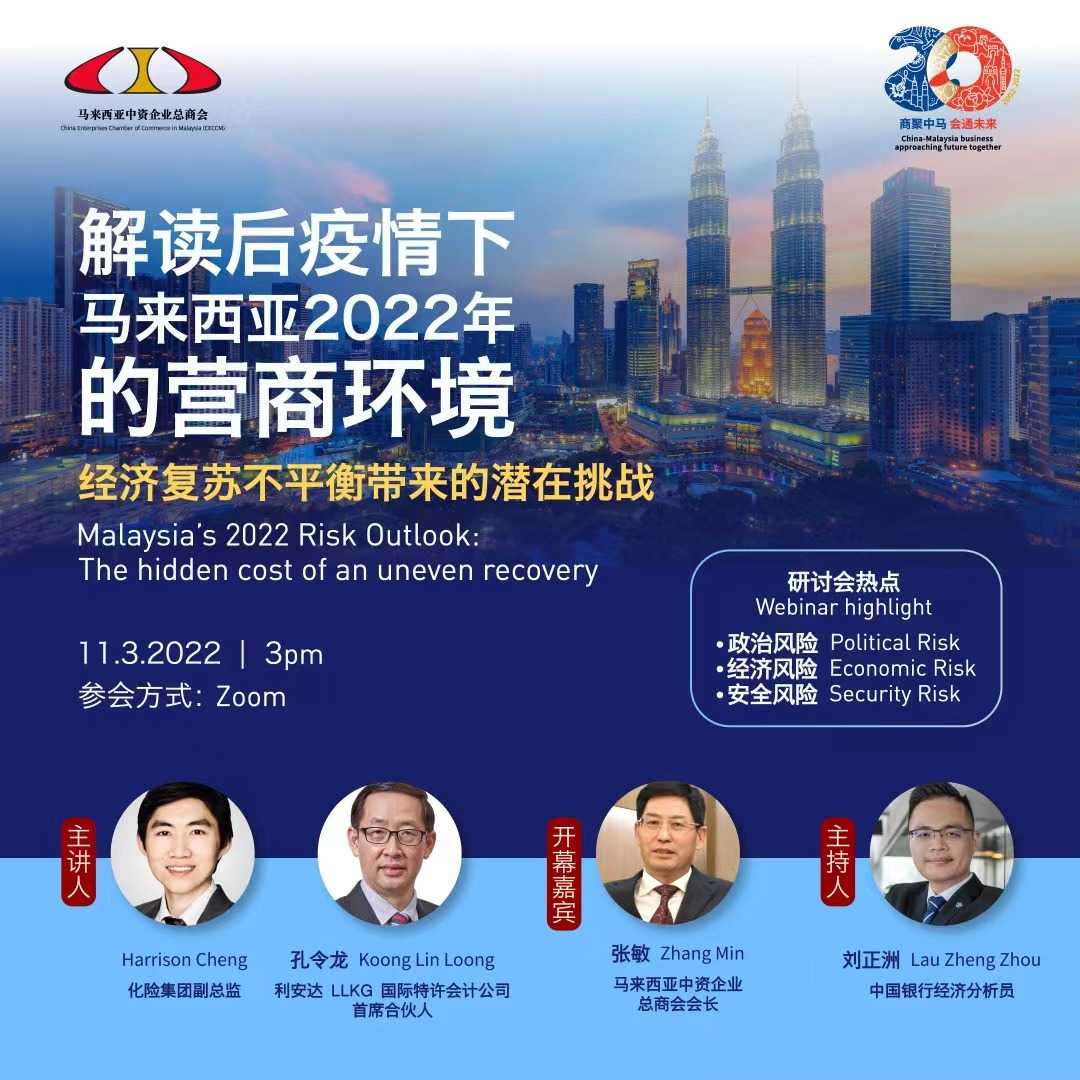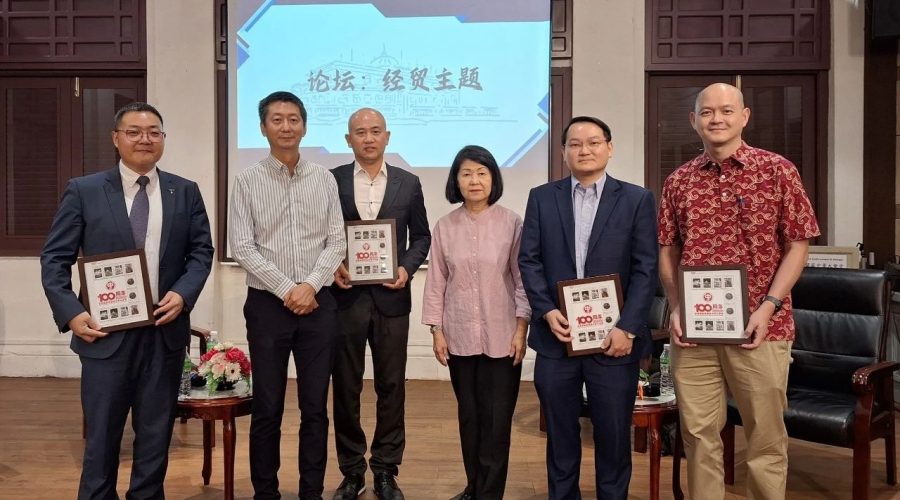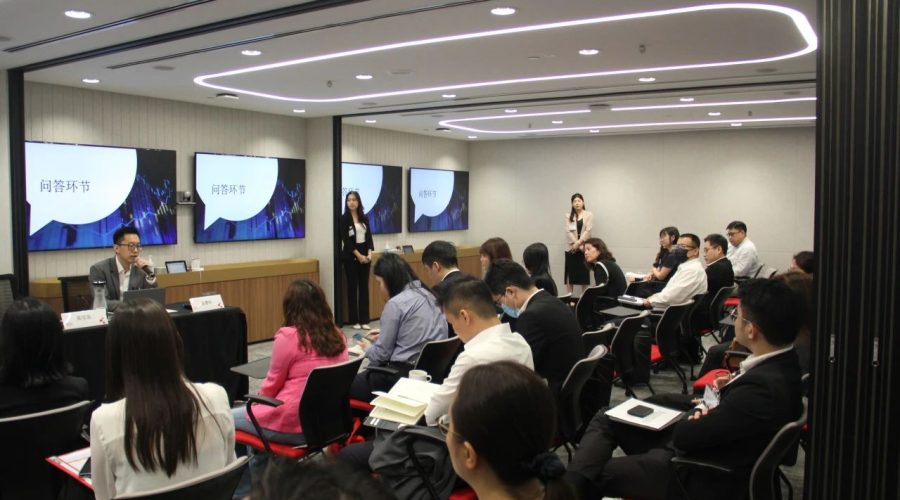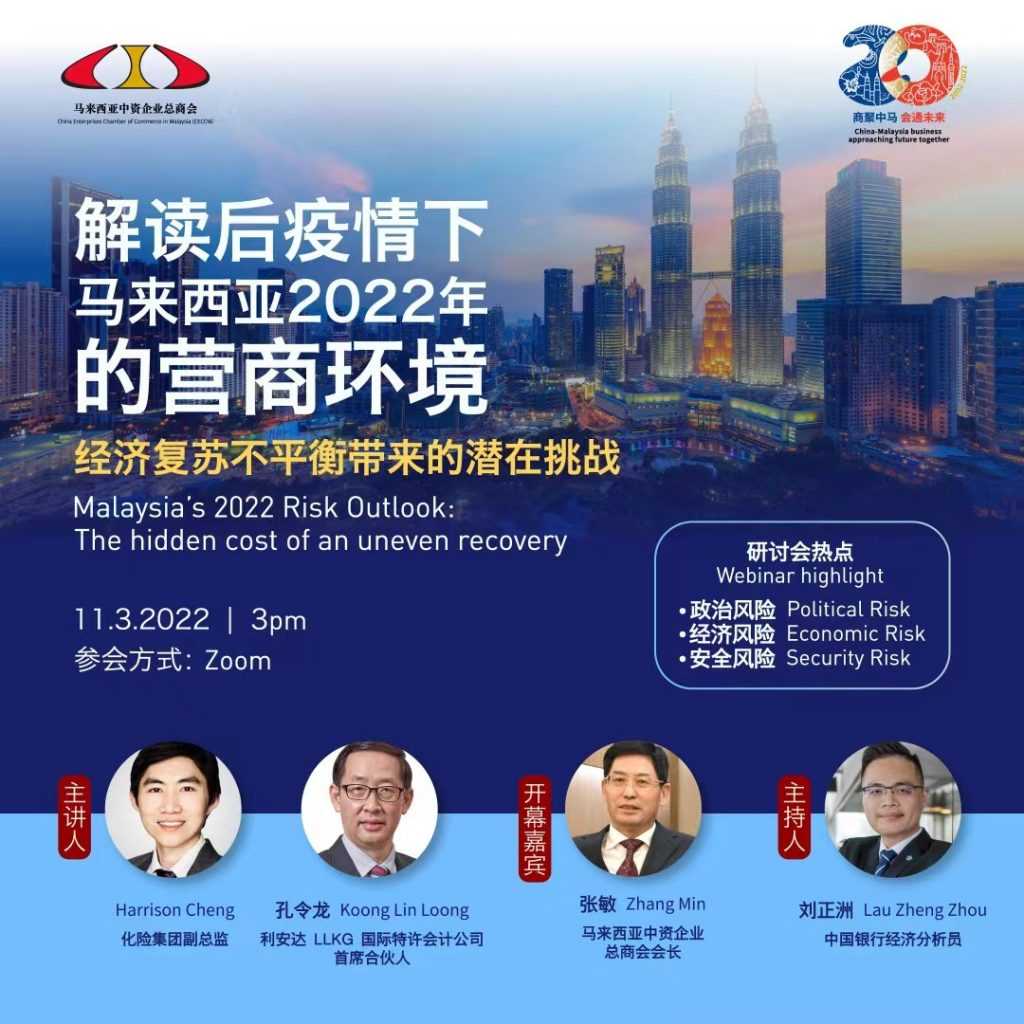
On 11th March 2022, China Enterprises Chamber of Commerce in Malaysia (CECCM), Reanda LLKG International and Control Risks jointly organised the “Malaysia’s 2022 Risk Outlook: The hidden cost of an uneven recovery” webinar. The webinar attracted a total of 150 companies and nearly 300 participants. It mainly explained the current opportunities and challenges of business in Malaysia, as well as the political, economic and security risks faced by the business and the corresponding measures. There was a QnA session towards the end of the webinar to clarify participants’ enquiries.

In his opening speech, President of CECCM Zhang Min said that under the impact of the Covid-19 in the past two years, the global economy has gradually recovered from a brief recession. This year, with the promotion and implementation of the Belt and Road Initiative and RCEP, the number of China enterprises developing in Malaysia will continue to grow. With “crisis is also an opportunity”, he encouraged Chinese-funded enterprises in Malaysia to have the courage to accept new challenges during the crisis, respond to changes in today’s market with a positive attitude, seize opportunities, control risks, and promote the healthy development of enterprises. He added that this year marks the 20th anniversary of China Enterprises Chamber of Commerce in Malaysia, the Chamber of Commerce will continue to actively explore new opportunities for Chinese enterprises in Malaysia and strive to make beneficial contributions to the economic and trade development of China and Malaysia.

Harrison Cheng, Associate Director of Control Risks, pointed out the impact on the business and investment environment of foreign companies in view of the current political situation in Malaysia. At present, Malaysia has a relatively rigorous and comprehensive control of security threats such as crime, social unrest, theft, and terrorist attacks. However, the potential interference caused by the change and uncertainty of the regime’s policies is difficult to predict. Therefore, the impact of political risks on companies will be a more important concern of foreign investors. Nevertheless, the stance on foreign investment will always remain open and supportive regardless of how the Malaysian regime changes. He believes that as long as companies can reasonably plan for risk management and control in advance, they can respond quickly and recover steadily despite the crisis.
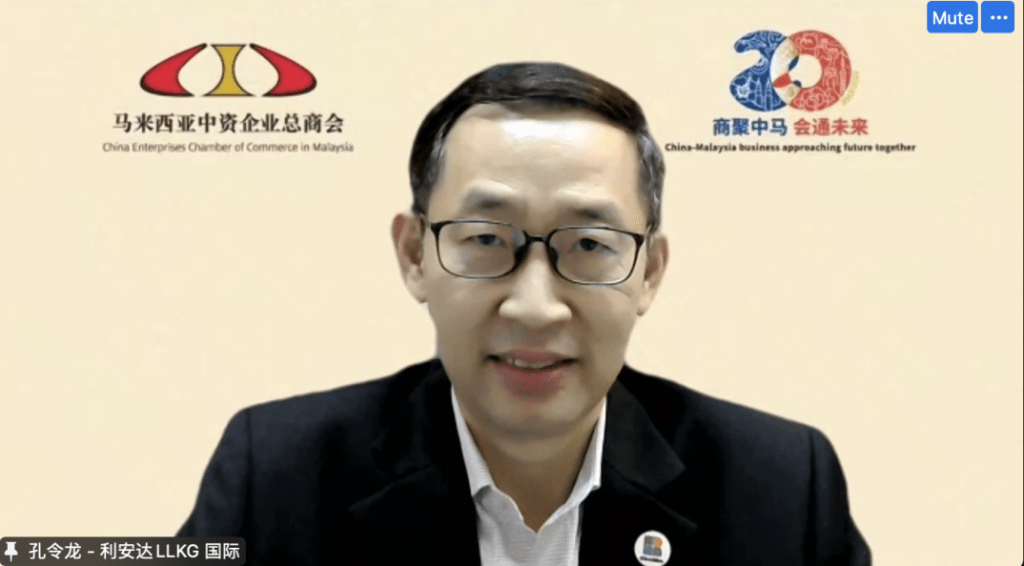
Koong Ling Loong, Managing Partner of Reanda LLKG International, reviewed Malaysia’s current gross domestic product (GDP), employment, government revenue and expenditure, and debt ratio through the Malaysia Economic Quarterly Report. He stated that despite the existence of risks, Malaysia’s economy has basically recovered and foreign direct investment has also rebounded sharply. He suggested that Chinese-funded enterprises in Malaysia have an in-depth understanding of the basic taxation of their own companies, the Malaysian budget, and the preferential policies for foreign investment granted by the national special economic zone. This will help companies adjust their business methods appropriately, respond flexibly to changes in economic market demand, and reduce the impact of market fluctuations on business operations.
During the QnA session, the two speakers shared professional views to the questions raised by the participants. The webinar further increased everyone’s in-depth understanding of business risk management and also played a positive role in the healthy development of Chinese-funded enterprises in Malaysia. The moderator of the webinar is Lau Zheng Zhou, Economic Analyst of Bank of China Malaysia.


